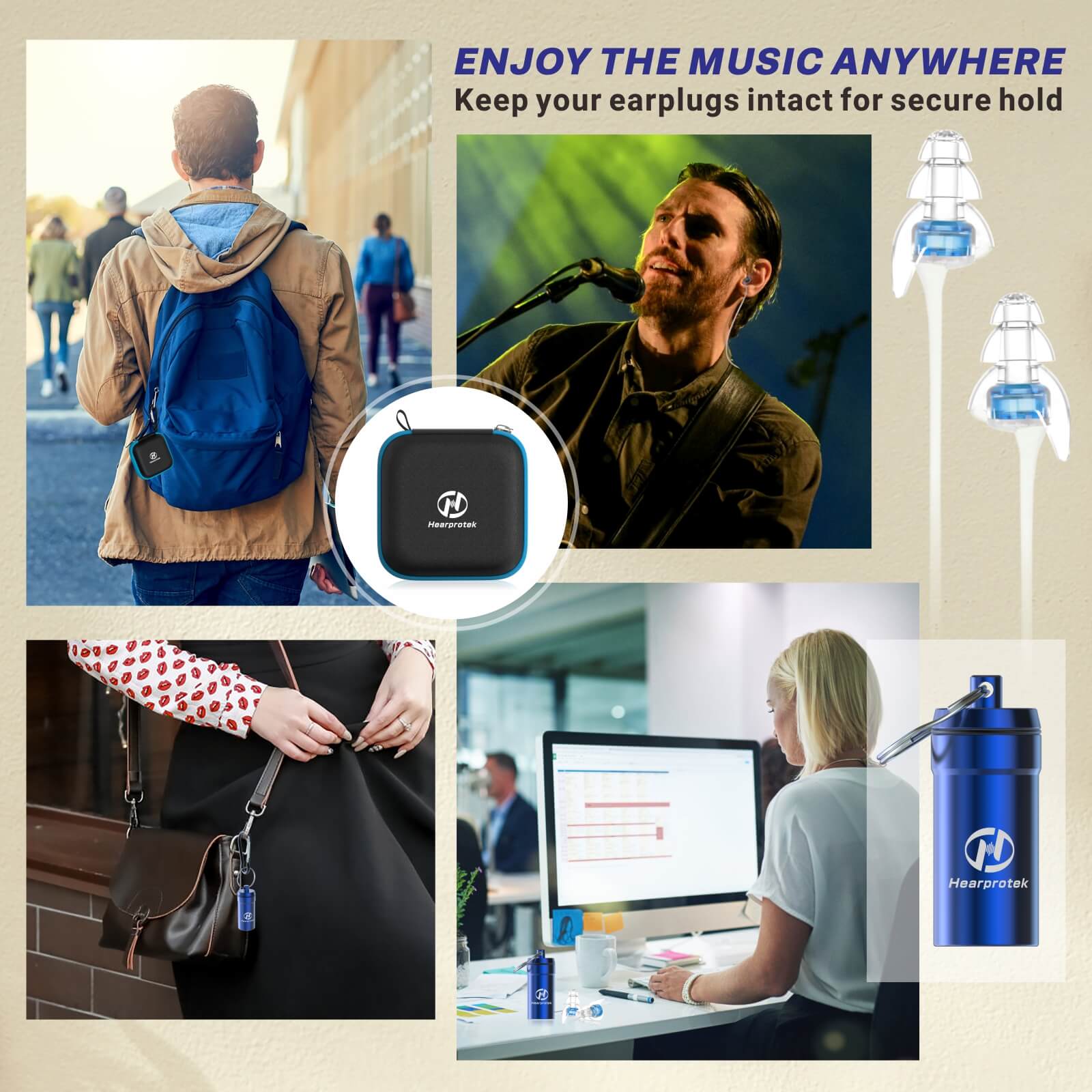Attending concerts and live music events can be an exhilarating experience. The energy, the crowd, and the music all come together to create unforgettable moments. However, it's important to protect your hearing while enjoying these events. That's where concert ear plugs come in. In this article, we will explore the various aspects of finding the perfect fit for comfortable and effective concert ear plugs.
The Importance of Protecting Your Hearing
Before delving into the tips for selecting concert ear plugs, let's first understand why protecting your hearing is crucial. Exposure to loud music for extended periods can lead to permanent hearing damage. According to the World Health Organization, over 1 billion young people are at risk of hearing loss due to recreational noise exposure, including concerts.
By wearing concert ear plugs, you can significantly reduce the risk of hearing damage. These specially designed ear plugs attenuate the sound without compromising the quality of the music. They allow you to enjoy the concert at a safe volume while still experiencing the full range of frequencies.
Finding the Perfect Fit
When it comes to concert ear plugs, finding the perfect fit is essential for both comfort and effectiveness. Ill-fitting ear plugs can cause discomfort, pain, and even fall out during the concert. Here are some tips to help you find the perfect fit:
1. Material Matters
Concert ear plugs are available in various materials, including foam, silicone, and custom-molded options. Each material has its own advantages and disadvantages. Foam ear plugs, for example, are affordable and readily available, but they may not provide the best fit for everyone. Silicone ear plugs, on the other hand, are more durable and can be reused, but they may not offer the same level of noise reduction as custom-molded plugs. Consider your preferences and needs when choosing the material.
2. Noise Reduction Rating (NRR)
The Noise Reduction Rating (NRR) is a measure of how effectively ear plugs can reduce noise. It is usually expressed in decibels (dB). Look for concert ear plugs with a high NRR, as they provide better protection against loud music. A higher NRR means greater noise reduction. However, keep in mind that excessively high NRR may also compromise the quality of the music. Strike a balance between protection and sound quality.
3. Comfort is Key
Comfort is paramount when selecting concert ear plugs. You'll be wearing them for extended periods, so they should fit snugly without causing discomfort. Custom-molded ear plugs offer the best comfort as they are designed specifically for your ears. However, if custom options are not feasible, look for ear plugs with multiple sizes or adjustable features to ensure a comfortable fit.
4. Test and Adjust
Once you have selected a pair of concert ear plugs, it's important to test them before attending a concert. Wear them for a while in different environments to ensure they provide the desired level of noise reduction without distorting the music. If you experience any discomfort or find that the ear plugs are not effectively reducing the noise, consider trying a different pair or adjusting the fit.
Conclusion
Attending concerts should be a joyous experience, but it's crucial to prioritize your hearing health. concert ear plugs offer a simple yet effective solution to protect your ears while enjoying live music. By following the tips mentioned in this article, you can find the perfect fit for comfortable and effective concert ear plugs. Remember, it's not just about enjoying the music in the moment, but also ensuring that you can continue to enjoy it for years to come.
